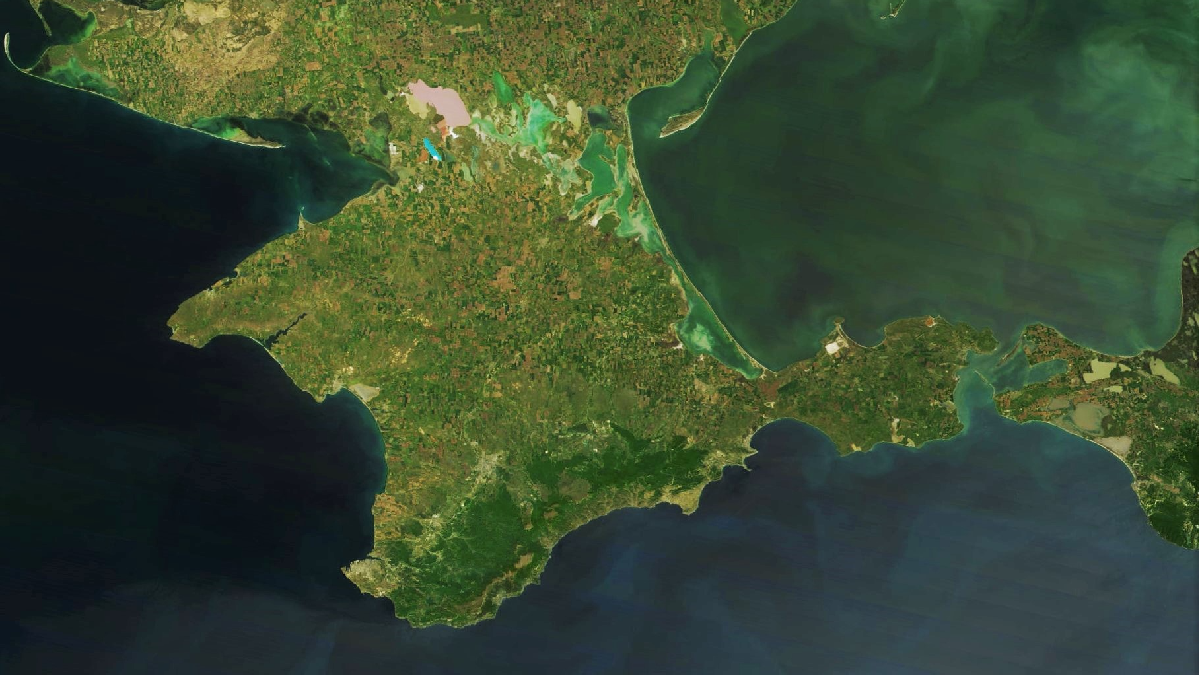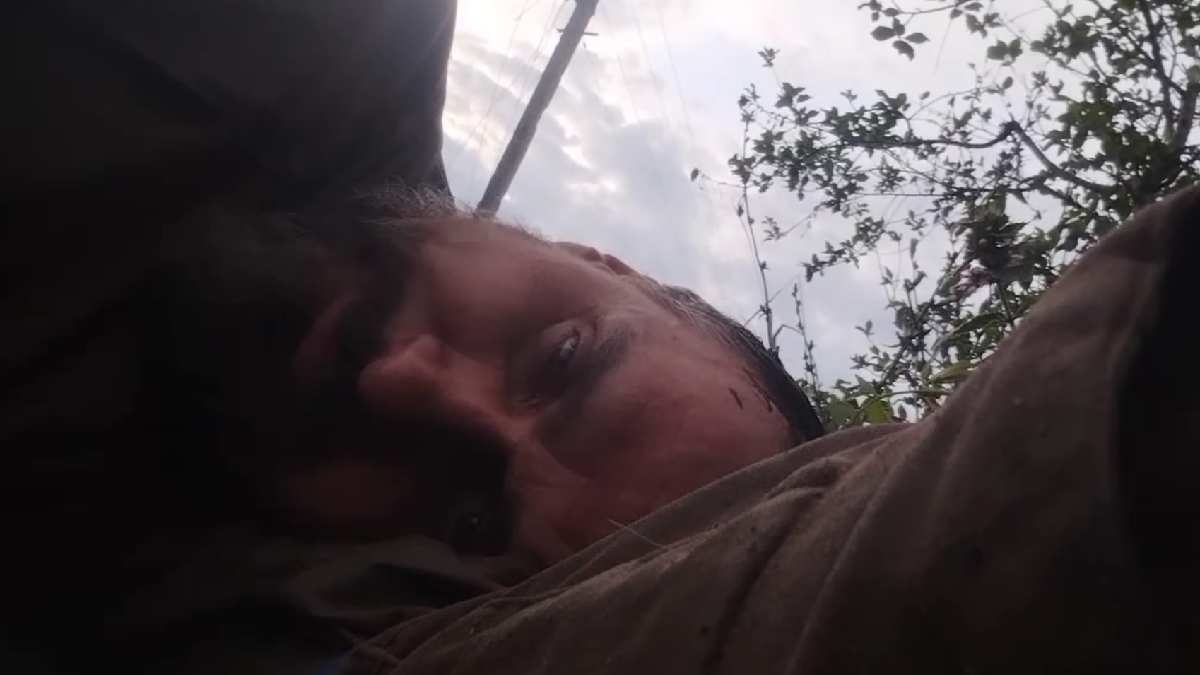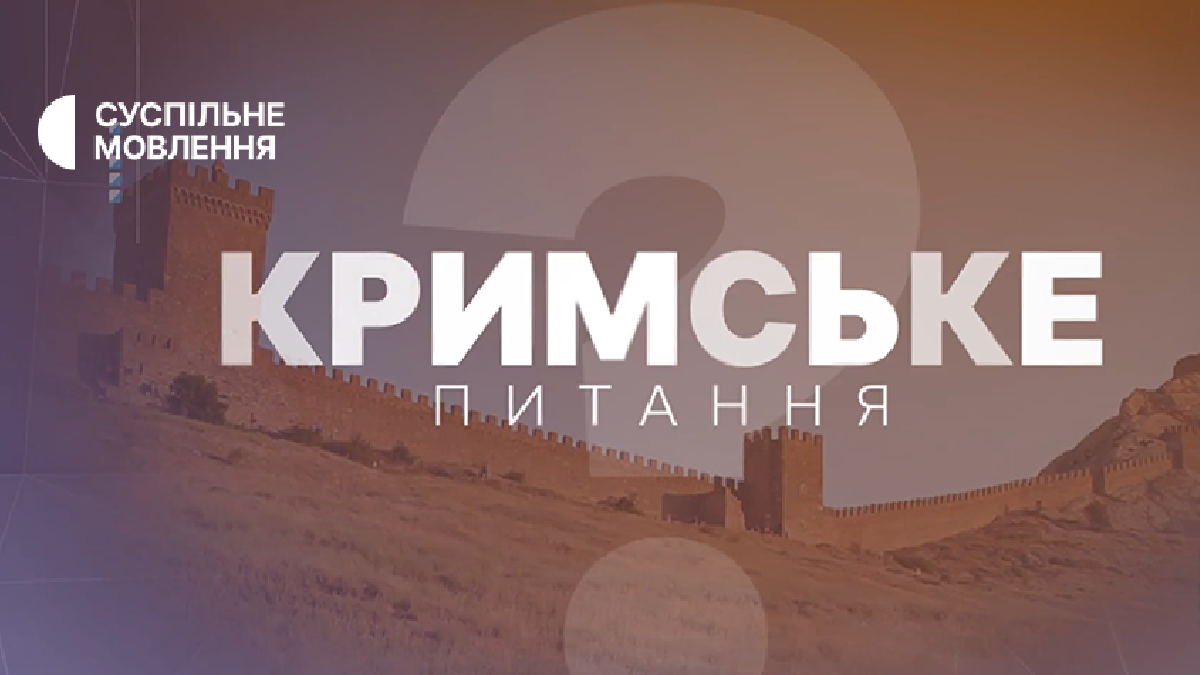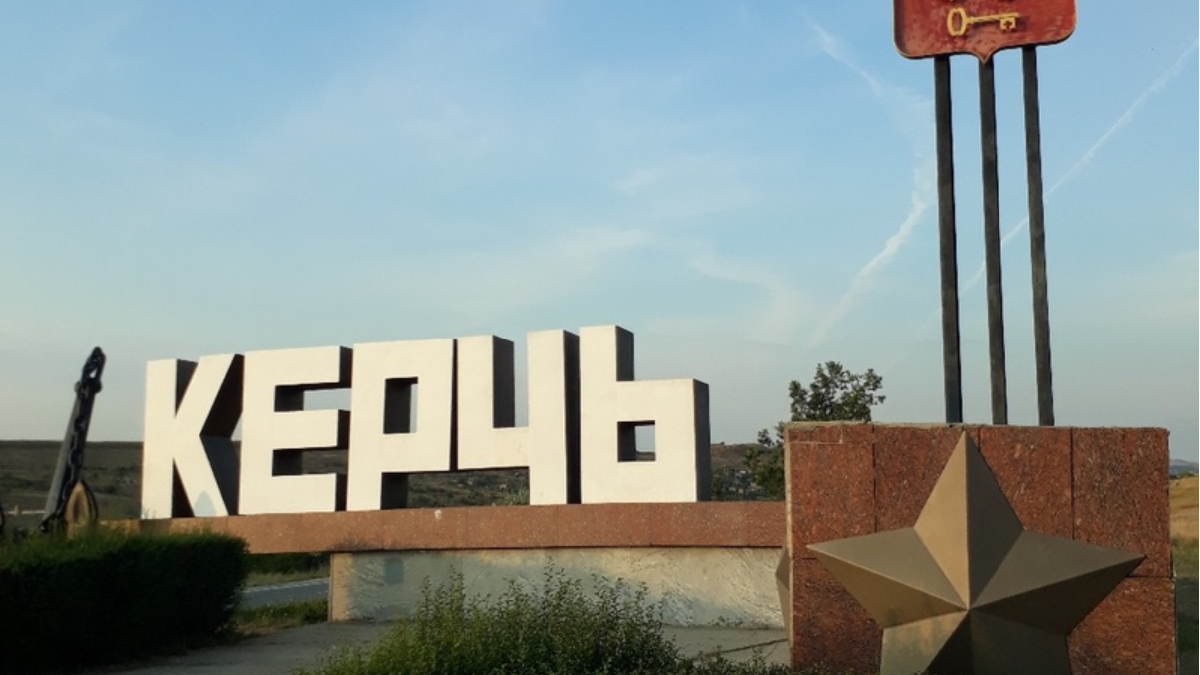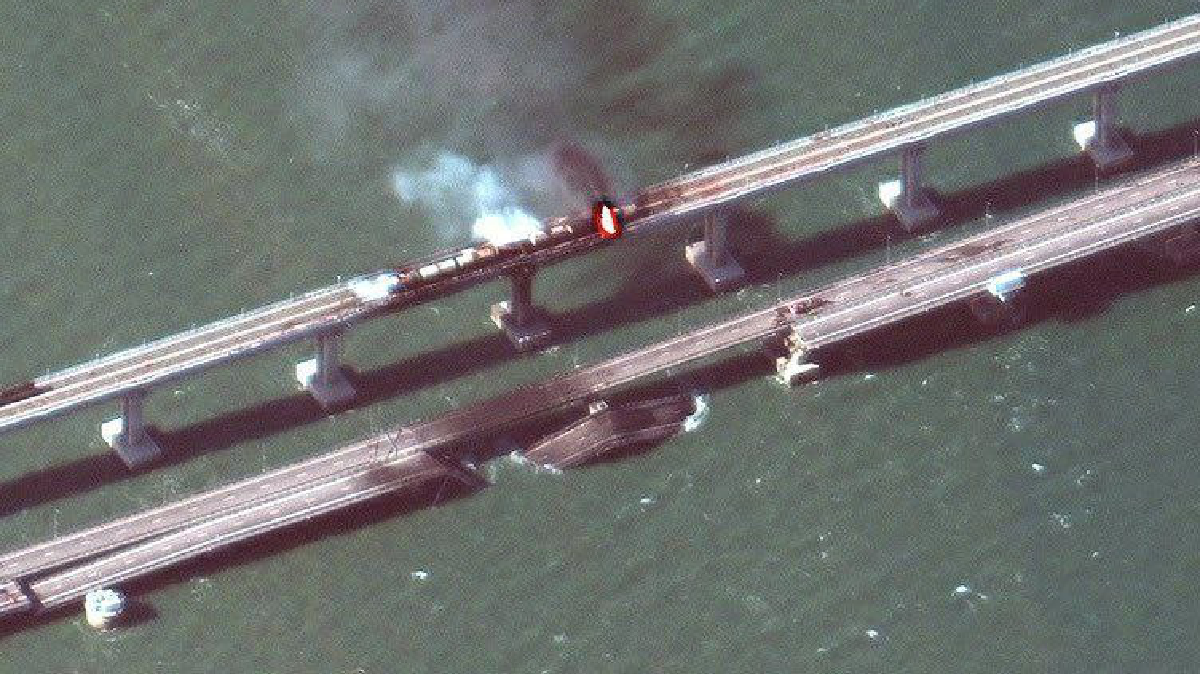VEZ Crimea. What will change after cancellation?

On November 21, the National Bank repealed a number of legal acts adopted in pursuance of the law on the FEZ "Crimea". Information about this is available on the website of the institution. In Resolution № 119 of November 15, the National Bank recognizes as invalid its own Resolution of November 3, 2014 № 699 "On the application of certain provisions of currency legislation during the regime of temporary occupation in the free economic zone" Crimea ". The Rada voted to abolish the Crimea free economic zone, which was supported by 328 deputies, and a law enacting the establishment of the Crimea FEZ was passed on April 15, 2014 to facilitate the evacuation of Ukrainian citizens and businesses from the occupied Crimea. provided for the settlement of relations with businesses that continued to operate on the peninsula.
What will change the abolition of the Free Economic Zone "Crimea" was discussed in the topic of the day with Daria Sviridova - First Deputy Permanent Representative of the President of Ukraine to the Autonomous Republic of Crimea and Yuri Smelyansky - Economic Expert, Chairman of the Institute for Black Sea Strategic Studies.
Daria Sviridova noted that the presidential representation from the very beginning advocated the need to repeal this law, and no free economic zone in the occupied territory can not and could not be from the beginning of the occupation. She added that the representation was regularly approached by people who faced restrictions due to the FEZ Crimea:
"We were regularly approached by people with certain complaints, primarily related to several issues. The first is the crossing of the CPVR. The ability to transport personal belongings through the CPVR, which was very regulated and limited, due to certain provisions of this law. The second is the status of nonresidents. Crimean citizens were not actually residents in banking relations until 2020. Until an agreement was reached, a common vision with the National Bank was when such norms were abolished at the level of the National Bank and our citizens had to return as residents. it has taken place in some banks even until recently. Now we very much hope that such a practice will no longer exist".
She added that these two points are one of the most anticipated, but not an exhaustive list, because the issue of regulating the receipt of pensions by our citizens will also change:
"It used to be subject to confirmation from the Russian Federation. Doesn't our citizen receive a pension there?" Now there is no such norm. In fact, they could not be completed because the notaries who opened such cases remained in the occupied territory or ceased their activities”.
The issue of receiving free secondary legal aid to citizens from the occupied territories has also been settled, Daria Sviridova added:
"If they face violations of their rights in connection with the illegal actions of the aggressor country, the Russian Federation, they can apply to free legal aid centers in the controlled territory and receive secondary free legal aid. Namely: assistance in the preparation of documents, appeals to the court, represented their interests. In addition, there are issues related to the simplification of the procedure for transporting cash from the occupied Crimea, there are issues related to the exemption from payment of so-called Crimean mortgages or mortgage loans related to mortgaged property remaining in the occupied territory. There are quite a few rules".
As for economic activity in the occupied territory, it is prohibited during the occupation. It is allowed only after changing the tax address to another, in the territory controlled by the Government of Ukraine, said the representative of the Permanent Representative of the President of Ukraine in the Autonomous Republic of Crimea. She also mentioned the participation of the mission in the development of new regulations related to the abolition of the FEZ Crimea:
"Currently, work is underway on regulations that ensure the implementation of the law on the abolition of the FEZ of Crimea and on the proper settlement, final, issues of restrictions and conditions of economic activity under occupation for businesses from this area and the elimination of any restrictions. for individuals from these territories in financial and economic relations with the state of Ukraine. Therefore, we are currently completing work with regulations. As you know, the law is not enough, other regulations will be adopted to implement the law.
Ivan Shevtsov, a spokesman for the Kherson Border Detachment of the State Border Guard Service of Ukraine, said that the work of border guards has changed somewhat since November 21:
"From now on, the functions previously performed by representatives of the State Customs Service are now fully entrusted to the State Border Guard Service. Personal belongings and cargo are now inspected directly by the State Border Service personnel. There are no changes for travelers. Now the Ministry of Reintegration and Occupied Territories is working on the development of regulations that will directly regulate the list of prohibited items for transportation across the administrative border. the average administrative limit is still crossed by about 1,600 - 1,800 citizens in both directions, for example, on November 21”.
Yuriy Smelyansky, an economic expert, added that the abolition of the FEZ Crimea is good, but it is a pity that it took 7 years:
"We have been waiting for 7 years. Indeed, since the text of the bill was submitted to the parliament, experts and the society have said that this law cannot be passed, that this law is shameful, that this law carries a very large number of risks for Well, then the lobbyists were stronger and won, so they voted for him and then signed by the president.
As for the possibility of returning the Free Economic Zone after the deoccupation of Crimea, the expert said the following:
“In general, the instrument of a free economic zone is a thing of the past. Today there are other tools that are more advanced. It was proposed, again, in the recommendations of the parliamentary hearings to adopt a law on conducting an economic and legal experiment on the socio-economic development of the Kherson region as a region bordering the occupied territory. I think that when we deoccupy Crimea, when we deoccupy the territory of ORDLO, then the question will be whether other instruments will be used”.

